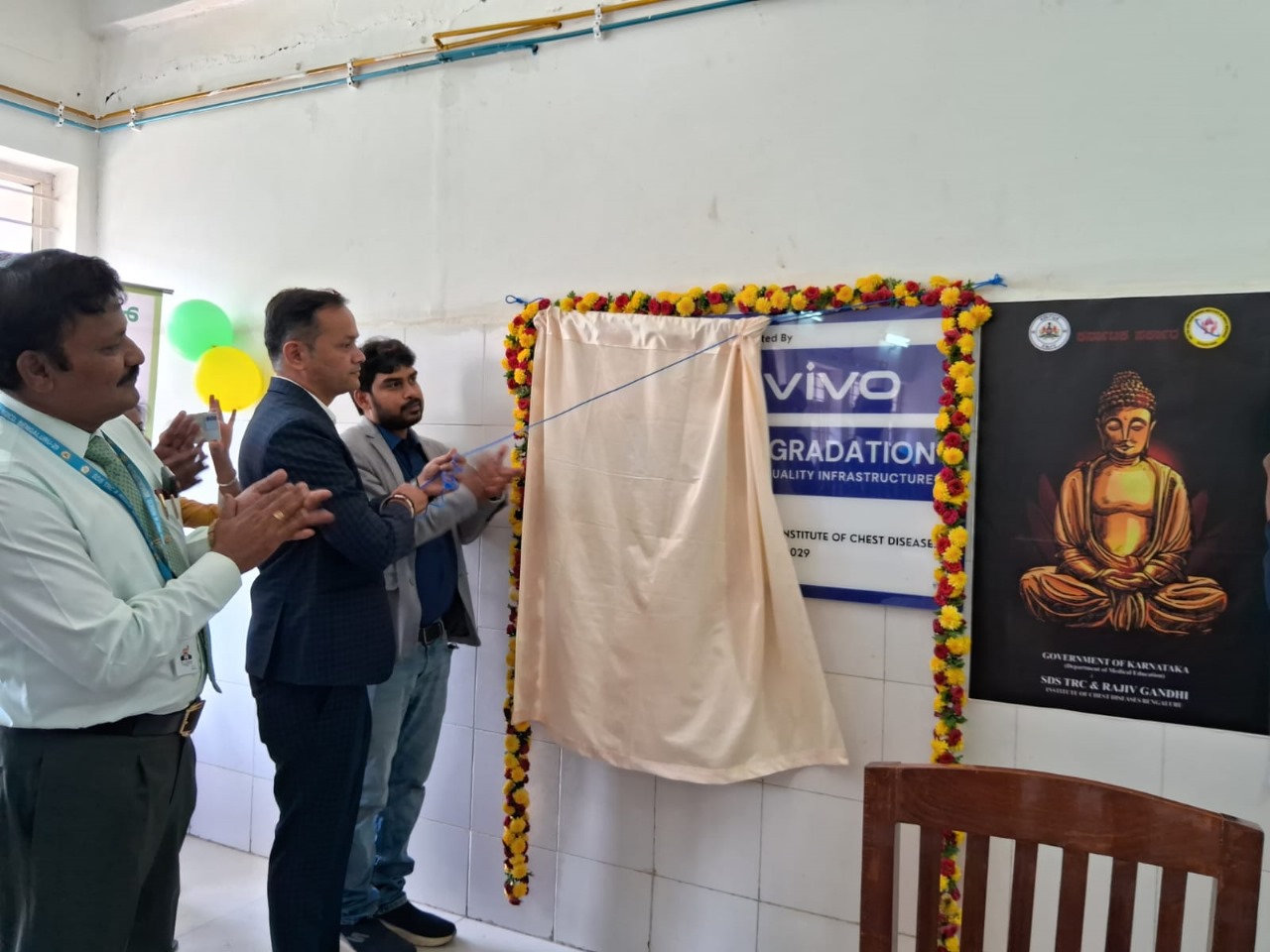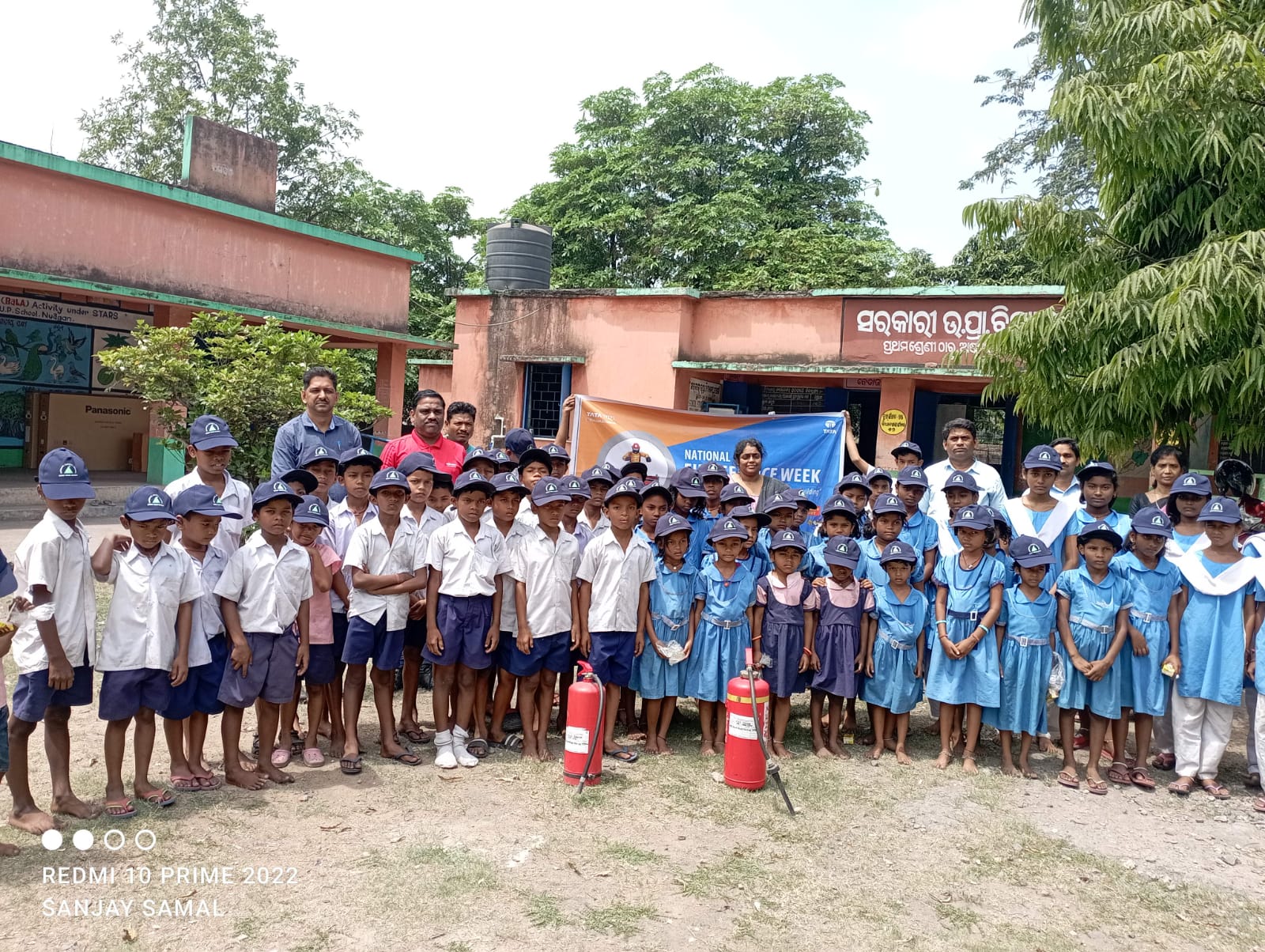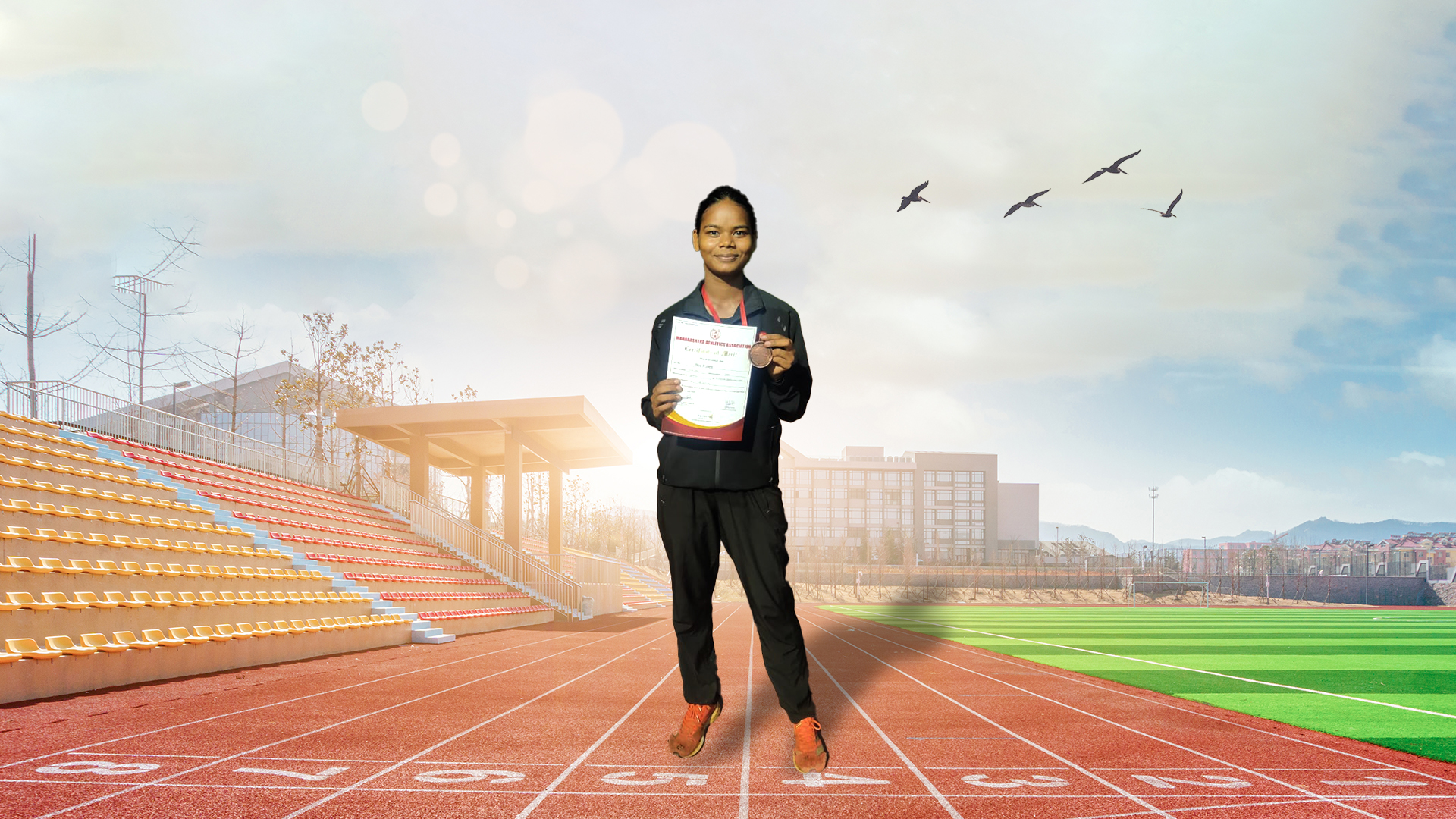10 NGOs Providing Clean Water and Access to Sanitation Across The Country
By NGOBOX
October 13, 2022
.jpg)
Water on our planet is limited and unevenly distributed. When we talk of water conservation, the issue is not just about “saving” water but having enough water to meet our present and future needs. For centuries, humans have exploited water resources and many fear that future wars could be fought over water. Natural water bodies such as lakes and ponds are sources of drinking water, help control floods, support biodiversity and regenerate groundwater. With Indians already facing a severe water crunch, predicted by scientists to worsen by 2030, it is imperative for us to take action. Owing to the limited resources, access to sanitation also becomes limited. Having a household toilet improves the quality of life for all members of the household, more so women and girls. While the inconvenience of traveling to and from an open defecation site and the risk of contracting diseases is faced by men and women alike; these problems are exacerbated in the case of women and girls. The material reality of not having a toilet at home results in poor menstrual hygiene management and the withholding of food and water, leading to undernourishment, reproductive and bladder infections. Addressing these key issues, certain NGOs are working to provide critical communities with these resources. 1. Water For People India Water For People India is a public charitable trust focused on providing sustainable access to high-quality drinking water, sanitation and hygiene (WASH) services to create a water secure environment, sustained by local communities, businesses and governments. They design and implement ground – level solutions that help the marginalized communities – rural areas and urban slums – access their share of water resources. The organization says, “We implement facilities to supply, test and treat water. Wells are dug, pipes and taps are installed. We ensure the system continues to function smoothly by training water user committees and developing a network of mobile hand pump mechanics known as Jalabandhus (Friends of Water). To promote sustainability, we work with local water and sanitation committees that oversee the operation and maintenance of their local systems.” Further, these committees obtain financial contributions from the users to cover the cost of cleaning, including a caretaker, cleaning products and minor repairs. To date, they have impacted over 50 million people across the country.
Source: Swades Foundation website 2. Swades Foundation Swades Foundation believes that it is every individual’s right to receive safe and sanitized drinking water. This NGO working towards the conservation of water bodies in Maharashtra aims at ensuring that every family in its geography receives their share of 200 liters of water per day through taps and pipes, in addition to other basic facilities such as sanitation, healthcare and livelihood. Apart from domestic uses, water is also required for agricultural purposes. The organization says that they have taken up small tributaries and constructed check dams in order to conserve water for domestic and agricultural purposes. The water thus conserved is supplied to the agricultural lands through modern age technology. Just like access to water is of prime importance, they also understand that household toilets are critical to the development of rural areas. Their goal is to ensure every individual from a rural family has access to a toilet in his household and uses it every day. For behavior change they organize various street plays, community-led total sanitation programs, rallies and other modes to engage with the community and ensure an open defecation free geography.
3. Sankalpa Rural Development Society This water conservation NGO in India has been promoting rainwater harvesting techniques through bore well recharge, and rooftop rainwater harvesting for well over a decade now. Founded by Sikandar Meeranaik, an entrepreneur in modern-day rainwater harvesting, SRDS believes that following its water harvesting methods could cause no water scarcity in India. The organization’s direct bore-well recharge technique combines common rainwater harvesting practices with innovative practices to replenish groundwater tables and aquifers with naturally filtered rainwater. Borewells recharged using its technique have seen increased water levels. Rooftop water harvesting is another method through which this NGO is inspiring many to conserve water. This water can be used for drinking and household needs, agriculture, and recharge bore wells and groundwater levels. The organization says, “We had done 75 borewell recharge implementations just prior to the onset of monsoon in Anantapur district. When we returned to see the results, it was extremely heartening to see the flow of water from previously dried up borewells. We heard from farmers that they are now able to irrigate their whole land and grow more than one crop per year.” 4. Gramin Vikas Samiti With an aim to support the lives of millions of people living in villages spread across Rajasthan, Uttarakhand and Uttar Pradesh, Gramin Vikas Vigyan Samiti was born. Also known as GRAVIS, this NGO has positively impacted nearly 1.3 million lives. Keeping in mind the water scarcity and inadequate sanitation facilities in drought-affected areas of the Thar Desert, GRAVIS has taken up the responsibility of promoting water security through conventional methods such as rain water harvesting through taankas (covered impermeable cisterns) and beris (shallow, pitch-shaped wells) and desilting of naadis (rivers). The organization says, “So far we have built nearly 6,635 tankaas, 588 beris and de-silted 263 naadis. Through various initiatives, GRAVIS has supported lakhs of families in and around the villages they have worked in, providing them with stable sources of clean drinking water and sanitation.”
SARA programme. Source: SARA website. 5. Sustainable Alternatives for Rural Accord (Sara) SARA and its associate organizations have been working on the ground at various levels to understand and implement sustainable models under its ‘Swagrama’ programme. Inspired by Mahatma Gandhi’s dream project ‘Village Swaraj,’ the ‘Swagrama’ project aims to achieve self-sustainable rural development. Water conservation is an important part of the programme. The organization says, “We have identified ten crucial lakes to revive as a first step to secure the villages of their natural water resources. Most of these lakes are full of silt and have lost the capacity to recharge and irrigate the cultivable land. All these lakes are surrounded by forests and capable of providing water security for extensive biodiversity, wild animals and thousands of acres of farmlands. With enhanced water storage capacity and desilting, the lakes can now hold the water throughout the summer months, helping the villages surrounding them.” 6. Navjyoti India Foundation Apart from bringing about a positive change in the lives of the marginalized sections of the society and promoting women empowerment, Dr. Kiran Bedi started Navjyoti India Foundation. Her aim is to protect the environment and conserve water bodies. This NGO for water conservation works towards ensuring sustainability of natural resources. Their water conservation enterprise works on the concept of rainwater harvesting – they collect the excess rainwater and help in replenishing groundwater. They also work towards the restoration of lakes, ponds and other water bodies. Working in a multi-disciplinary approach, this NGO combines scientific, social and environmental aspects of sustainability and sensitizes local communities to understand the importance of environmental conservation. The organization says, “ We carry out initiatives of restoring the environment by collaborating with local and state-level administrative offices, schools, universities, social groups and other private entities.” 7. Watershed Organization Trust (WOTR) Located at Pune, this NGO has spread its wings across nine states in India, impacting more than 3,750 villages. With “water” at the core of everything that it does, WOTR has started many initiatives that aim at conserving water bodies in India. As a simple yet unique step, they have started something called “water budgeting”, which involves “Jal Sevaks” to ensure optimal, rightful and efficient consumption of water. These Jal Sevaks lead the water conservation activities in their own and the adjoining 3-4 villages. In addition, they also aim at motivating and enabling rural communities toward water harvesting and conservation. The organization says, “To date, we have impacted the lives of over 4.07 million people across 4,152 villages in India and included participants from 63 countries in various training and exposure programmes.”
Caption: Providing clean toilets. Source: RDO Trust website 8. Rural Development Organization (RDO) Trust In most of the villages in the Nilgiris, people do not have toilets in their homes. They are forced to defecate in the open either in the dead of the night or at the crack of dawn. Lack of toilets is a common issue and people have no other choice. This prompted one man named Mahalingam, from a village in the Nilgiris, to bring change and launched the Rural Development Organization (RDO) Trust. The RDO Trust is committed to serving the rural community by promoting innovative solutions and advocating collective responsibilities. RDO is actively engaged in helping the rural people to build household toilets. The organization says, “To date, we have assisted 68000 families in building household toilets in the Nilgiris through women SHGs and without engaging contractors. With the collaboration of FINISH (Financial Inclusion Improves Sanction and Health), we have built 1.2 million toilets in ten states across India.” 9. Bhumi The “Revive Lakes” project was started by the NGO Bhum with the aim of cleaning and restoring the lakes and other water bodies. They bring drying and dying lakes back to life and help the people of Bengaluru fight shortage of water. The organization says, “The Revive Lakes team consists of 30 volunteers, who are tirelessly working towards cleaning the lakes and spreading awareness among people in the vicinity. The volunteers of Bhumi meet every weekend with the sole aim to clean lakes and create a city free from water shortage.” The project involved more than 250 volunteers, which helped the lake get rid of more than 7,000 kg of garbage. Following the clean-up, the team also conducted door-to-door campaigning to create awareness about conserving the water body and keeping its surroundings clean. Further, the NGO also conducts many tree plantation drives in and around Bengaluru. 10. Sehgal Foundation The SM Sehgal Foundation has been working in the water conservation field for almost 24 years. They promote community-led development initiatives to achieve social, economic and environmental changes across the country. As water conservation is a major issue, Sehgal Foundation primarily began in semi-arid regions of Haryana and Rajasthan, and in Bihar. Now, it has expanded to other parts of India. Through their Water Management program they promote sustainable technologies to improve access to safe drinking water for rural communities and prevent spread of waterborne diseases. The organization says, “In the drinking water treatment domain we have innovated two water filters – JalKalp biosand water filters and MatiKalp water filters. The JalKalp filter is a low-cost, sustainable stainless steel biosand filter that does not rely on recurring maintenance or electric power to deliver clean drinkable water. JalKalp is effective against pathogens such as E. coli, total coliforms, parasites, microbes, and worms, as well as eliminating turbidity, iron, manganese, and arsenic contamination. MatiKalp takes care of pathogens, iron, and manganese present in water.” To date, this initiative has benefitted over 11,000 households across the country.
© Renalysis Consultants Pvt Ltd









